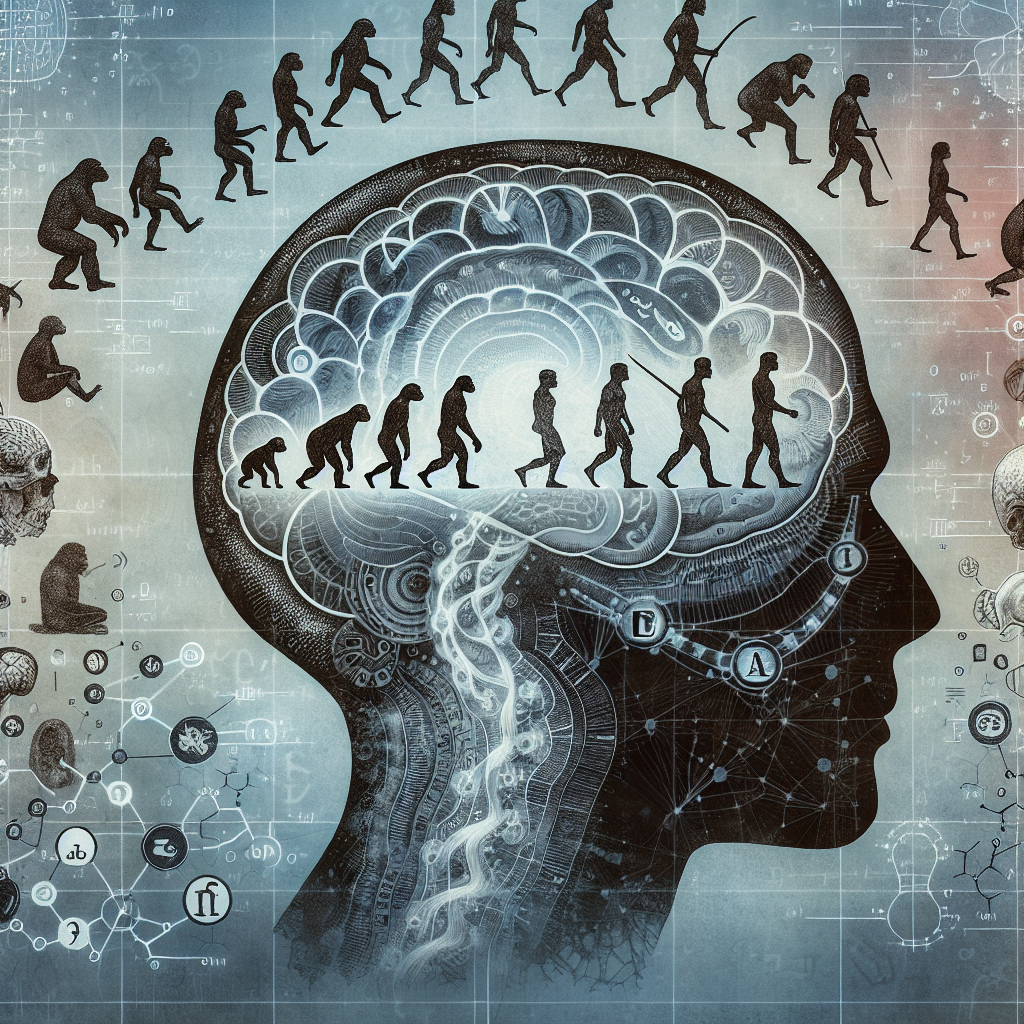Evolutionary Psychology is a relatively new field of study that seeks to understand human behavior and cognition through the lens of evolution. It is based on the premise that the human mind, like the human body, has evolved over thousands of years to adapt to the challenges of survival and reproduction. By examining the ways in which our ancestors lived and the specific pressures they faced, evolutionary psychologists are able to make predictions about the behaviors and thought processes that are most likely to have been adaptive in the past. Understanding these evolutionary roots can shed light on the reasons why humans behave the way they do today.
Evolutionary psychology is a broad and interdisciplinary field that draws on insights from psychology, biology, anthropology, and neuroscience. It seeks to explain a wide range of human behaviors, from mate selection to parenting to decision-making. By viewing these behaviors through an evolutionary lens, researchers can gain a better understanding of why they have persisted over time and how they might have conferred a survival advantage to our ancestors.
One of the key insights of evolutionary psychology is that many aspects of human behavior and cognition are not necessarily rational or consciously motivated. Instead, they are often the result of automatic processes that have been shaped by evolution. For example, the fear of snakes and spiders, known as “preparedness,” is thought to be an adaptive response that helped our ancestors avoid potentially dangerous predators. Similarly, the tendency to be more attracted to people who are physically fit and healthy may reflect an evolutionary preference for mates who are likely to produce healthy offspring.
Evolutionary psychologists also study the role of genetics in shaping behavior. While it is well-known that genes play a role in physical traits like height and eye color, researchers have also found evidence that genes can influence personality traits, intelligence, and even mental disorders. By studying the heritability of these traits, evolutionary psychologists can gain valuable insights into the ways in which evolution has shaped our minds.
In recent years, evolutionary psychology has been used to explain a wide range of human behaviors. For example, researchers have proposed that our taste for sweet and fatty foods may have evolved as a way to seek out high-energy food sources in a world where calories were scarce. Similarly, studies have shown that men and women tend to have different mating strategies based on the different reproductive challenges they faced in our ancestral environment. By understanding these evolutionary roots, researchers hope to gain insight into contemporary issues such as obesity, gender differences, and sexual behavior.
Despite its many insights, evolutionary psychology has also been criticized for oversimplifying complex behaviors and for relying too heavily on speculation about our distant ancestors. Critics argue that it is difficult to prove that a particular behavior has been shaped by evolution, as there are many other factors that could also influence human behavior. Additionally, some have raised concerns about the potential for evolutionary psychology to be used to justify harmful stereotypes or discriminatory practices.
Despite these criticisms, evolutionary psychology continues to be a vibrant and exciting field of study. By exploring the ways in which our minds have been shaped by evolution, researchers can gain valuable insights into the underlying mechanisms that drive human behavior. By understanding these evolutionary roots, we may be better equipped to address contemporary challenges and improve our overall well-being.
FAQs:
1. How does evolutionary psychology differ from traditional psychology?
Evolutionary psychology differs from traditional psychology in that it seeks to explain human behavior and cognition in terms of evolutionary processes. While traditional psychology may focus on individual differences or environmental influences, evolutionary psychology looks at how our minds have evolved over time to solve specific survival and reproductive challenges.
2. Can evolutionary psychology explain all human behaviors?
Evolutionary psychology is not a comprehensive theory of human behavior and cognition. While it can provide valuable insights into many aspects of human behavior, there are limitations to what can be explained through an evolutionary lens. Some behaviors may be better explained by cultural, social, or individual factors.
3. Is evolutionary psychology deterministic?
Evolutionary psychology does not argue that all behavior is determined solely by genetic factors. While our evolutionary history may influence certain tendencies or predispositions, there is still a significant amount of variability in human behavior that can be influenced by individual experiences, socialization, and cultural factors.
4. Are there practical applications of evolutionary psychology?
Evolutionary psychology has a wide range of practical applications, from understanding consumer behavior to improving mental health interventions. By understanding the evolutionary roots of human behavior, researchers can develop more effective strategies for addressing social issues, health problems, and environmental challenges.
5. How can I learn more about evolutionary psychology?
There are many resources available for learning more about evolutionary psychology, including books, online courses, and academic journals. Many universities offer courses in evolutionary psychology, and there are also popular science books that provide accessible introductions to the field.




Leave A Comment